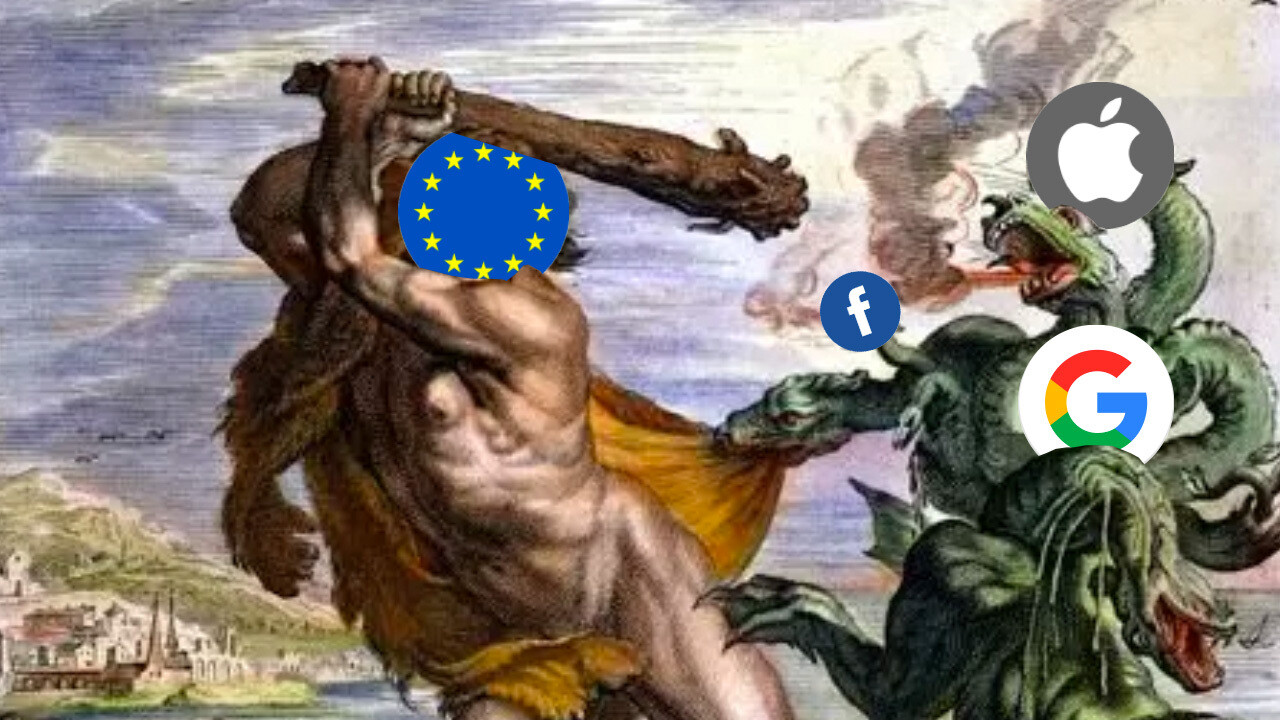
In a huge blow to Big Tech, the EU is stepping up to regulate these behemoths’ long-criticized, monopolist market strategies.
On Monday, the European Council adopted the Digital Markets Act (DMA), a set of new rules to create fairer online competition.
The act aims to establish a level digital playing field, by setting clear rights and rules for large online platforms (referred to as “gatekeepers”), making it more difficult for them to abuse their position.
As per Ivan Bartoš, Deputy Prime Minister for Digitisation and Minister of Regional Development:
Thanks to the DMA, we will ensure fair competition online, more convenience for consumers and new opportunities for small businesses.
The gatekeepers that the DMA addresses are omnipresent — we all use their services on a daily basis. However, their power is growing to an extent that negatively affects competition.
The gatekeeper category covers online search engines, app stores, and social media platforms. It also targets messaging apps, and operating systems, as well as advertising, e-commerce, and cloud services.
For a platform to qualify as a gatekeeper, it must either have annual revenue of at least €7.5 billion ($8.2 billion) within the EU over the past three years, or have a market valuation of at least €75 billion ($82 billion). It also must have at least 45 million monthly users and 10,000 businessusers established in the EU.
A guide to the landmark decision
Gatekeepers are obliged to ensure the following:
- They must inform the European Commission of their acquisitions and mergers.
- Unsubscribing from core platform services must be just as easy as subscribing.
- The basic functionalities of instant messaging services must be interoperable, meaning that users should be able to exchange messages and send voice messages or files across messaging apps.
- Business users must have access to their marketing or advertising performance data on the platform.
The imposed prohibitions are even more aggressive. Gatekeepers can no longer:
- Rank their own products or services higher than those of others.
- Pre-install certain apps or software, or prevent users from easily un-installing these apps or software.
- Require the most important software (e.g. web browsers) to be installed by default when installing an operating system.
- Prevent developers from using third-party payment platforms for app sales.
- Reuse private data collected during a service for the purposes of another service.
If they fail to comply with the DMA’s rules within six months, they risk a fine of up to 10% of their total worldwide turnover — going up to 20% for repeat offenses.
And if they violate the rules at least three times in eight years, the European Commission can open a market investigation and, if necessary, impose behavioral or structural remedies.
Google, Apple, Meta, and Amazon are hit hardest
The new rules basically outlaw many of what are currently core business practices among tech giants.
Think about it.
Apple, for example, will be forced to allow alternatives for downloading apps and third-party payments in the App Store — a move it’s been resisting, as it’d cost it the 30% commission fee it charges on transactions.
Google and Meta will have to stop collecting data from the different services they own to offer targeted ads without users’ consent.
Apple and Google will also have to bid farewell to the numerous default apps they provide upon installation.
As for Amazon, it’ll have to stop prioritizing its own goods over third-party products and will be barred from using data collected from outside sellers on its services to offer competing products of its own.
The DMA will certainly cost a whole lot of money to Big Tech — and it’s about time. They’ve been monopolizing the market for too long, decreasing business opportunities for smaller companies and startups and stripping their users the freedom of choice.
Let’s hope that the EU’s legislation will mark the beginning of a fairer digital space, and inspire other countries to follow suit.
Get the TNW newsletter
Get the most important tech news in your inbox each week.





